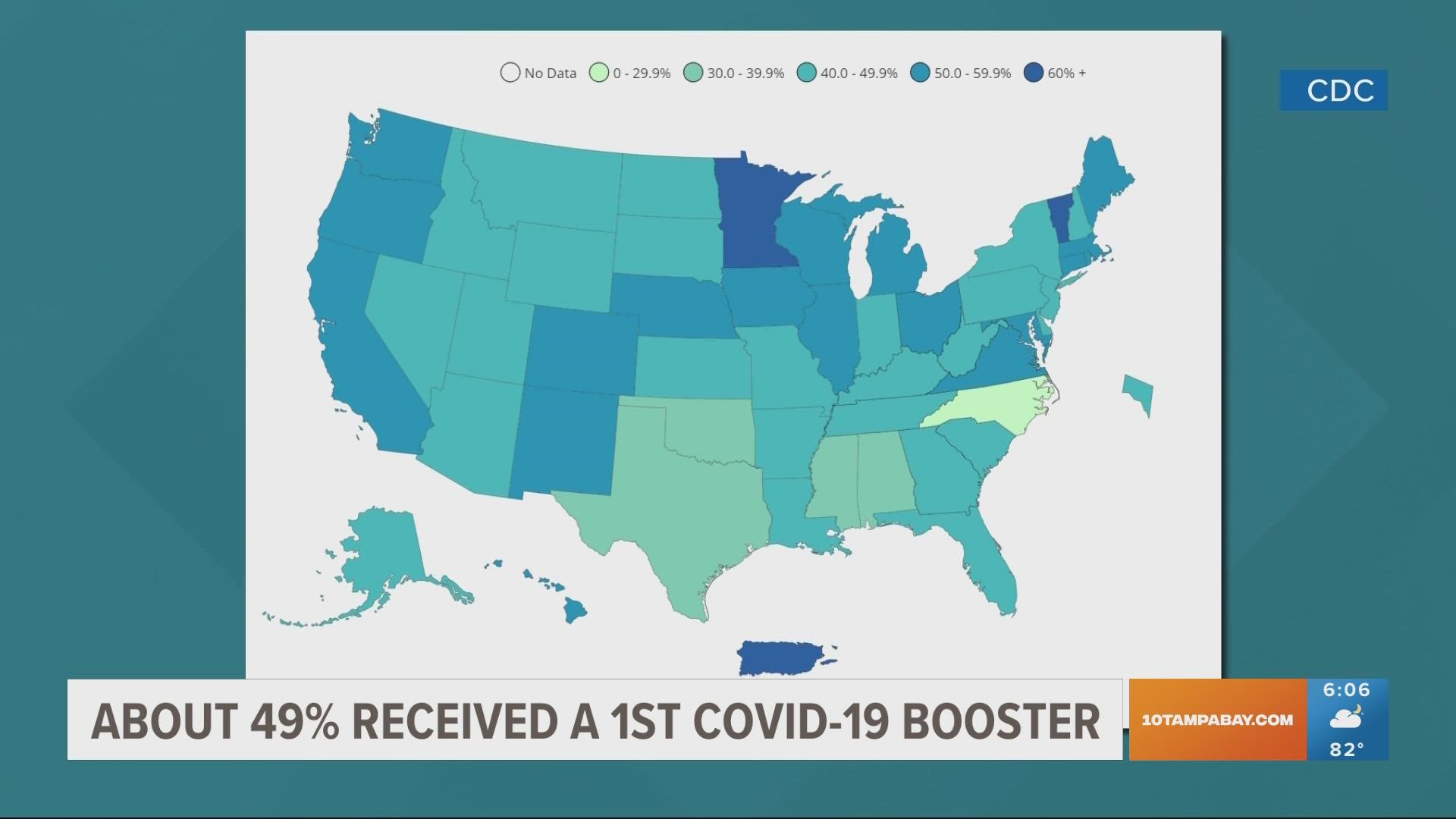After more than two years of dealing with surges in COVID-19 cases, travel restrictions and canceled events, people are eager to finally be in a post-pandemic world.
Many have gone back to life as usual, while thousands worldwide are still getting sick. So, how do we know when the pandemic is over? And who gets to decide?
In a "60 Minutes" interview that aired Sunday night, President Joe Biden said "the pandemic is over." He added that "we still have a problem with COVID. We're still doing a lot of work on it."
If you remember back in April, America's top infectious disease expert Dr. Anthony Fauci said the US was no longer in a "full-blown explosive pandemic phase."
But in a virtual press conference last week, Tedros Adhanom Ghebreyesus, director-general of the World Health Organization, said "we're not there yet."
The WHO leader was, however, optimistic about our outlook.
"Last week, the number of weekly reported deaths from COVID-19 was the lowest since March 2020. We have never been in a better position to end the pandemic," he said last week. "The end is in sight."
So, who gets the final say? Unfortunately, there's no clear-cut answer.
“There is not going to be one day when someone says, ‘OK, the pandemic is over,’” Dr. Chris Woods, an infectious disease expert at Duke University, told The Associated Press in 2021. He said that countries will look for a sustained reduction in the number and severity of cases, but there's no universal standard.
Some scientists argue that the public ultimately makes the final call.
“I believe that pandemics end partially because humans declare them at an end,” Marion Dorsey, an associate professor of history at the University of New Hampshire, said via Scientific American. She notes that in order for this to happen, the virus has to reach a point where it's still circulating but no longer causing major peaks in severe illness or death.
There may not be a threshold for when COVID-19 can be considered endemic, but we do know that the virus is going to stick around for a while.
“We have a virus out there that’s still circulating, still killing hundreds of Americans every day,” White House coronavirus coordinator Ashish Jha said in a briefing earlier this month. "We now have all of the capability to prevent, I believe, essentially all of those deaths. If people stay up to date on their vaccines, if people get treated, if they have a breakthrough infection, we can make deaths from this virus vanishingly rare."
Updated boosters specifically designed to protect against omicron and its subvariants are now available to the public.
TEGNA's Val Lick contributed to this report.

